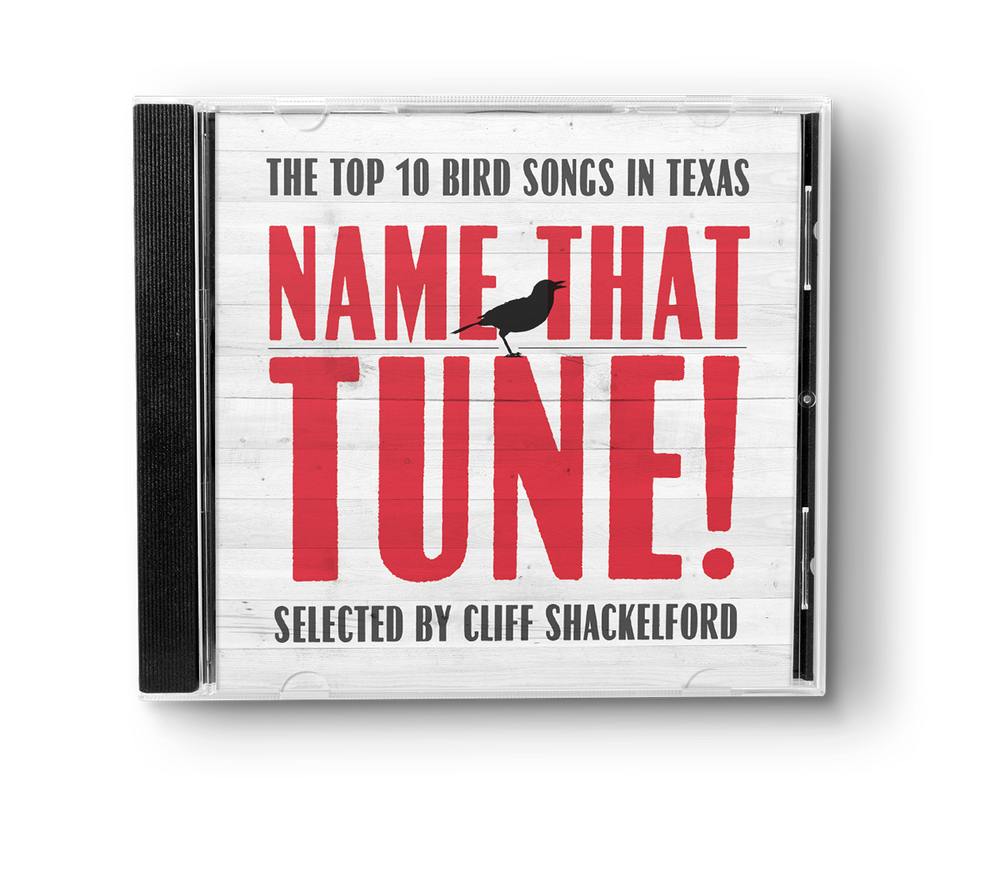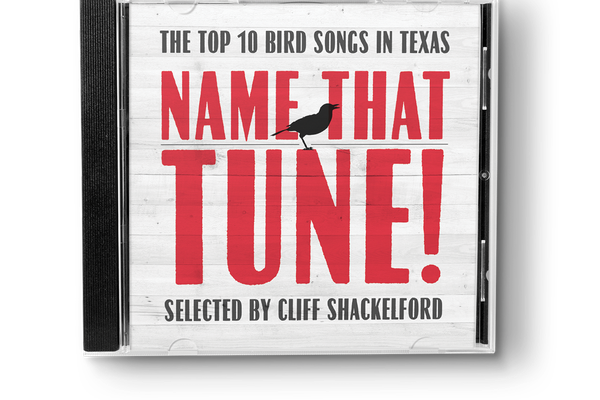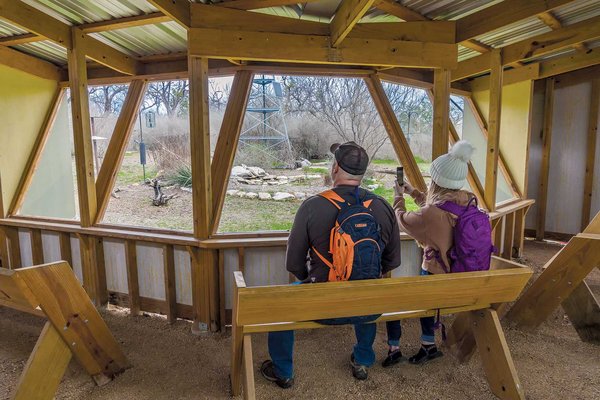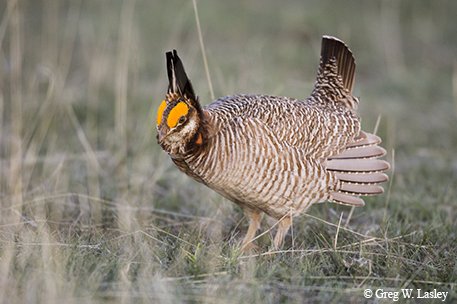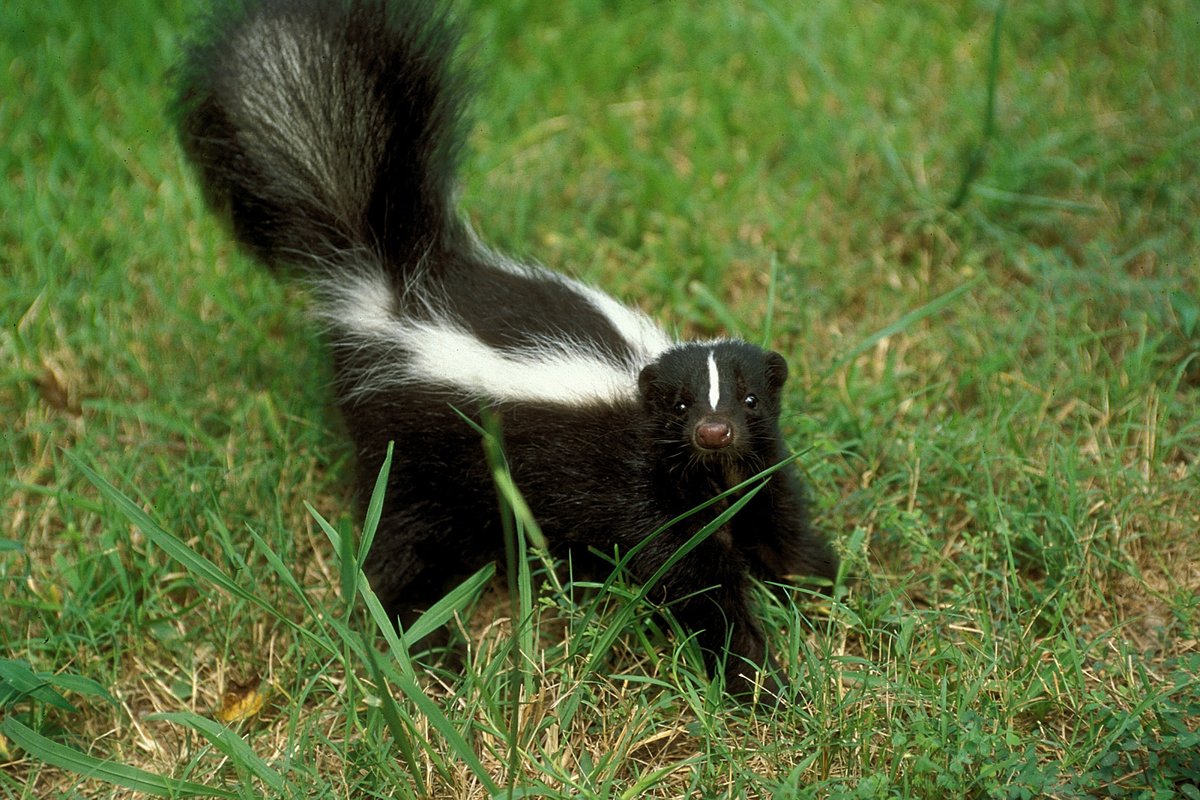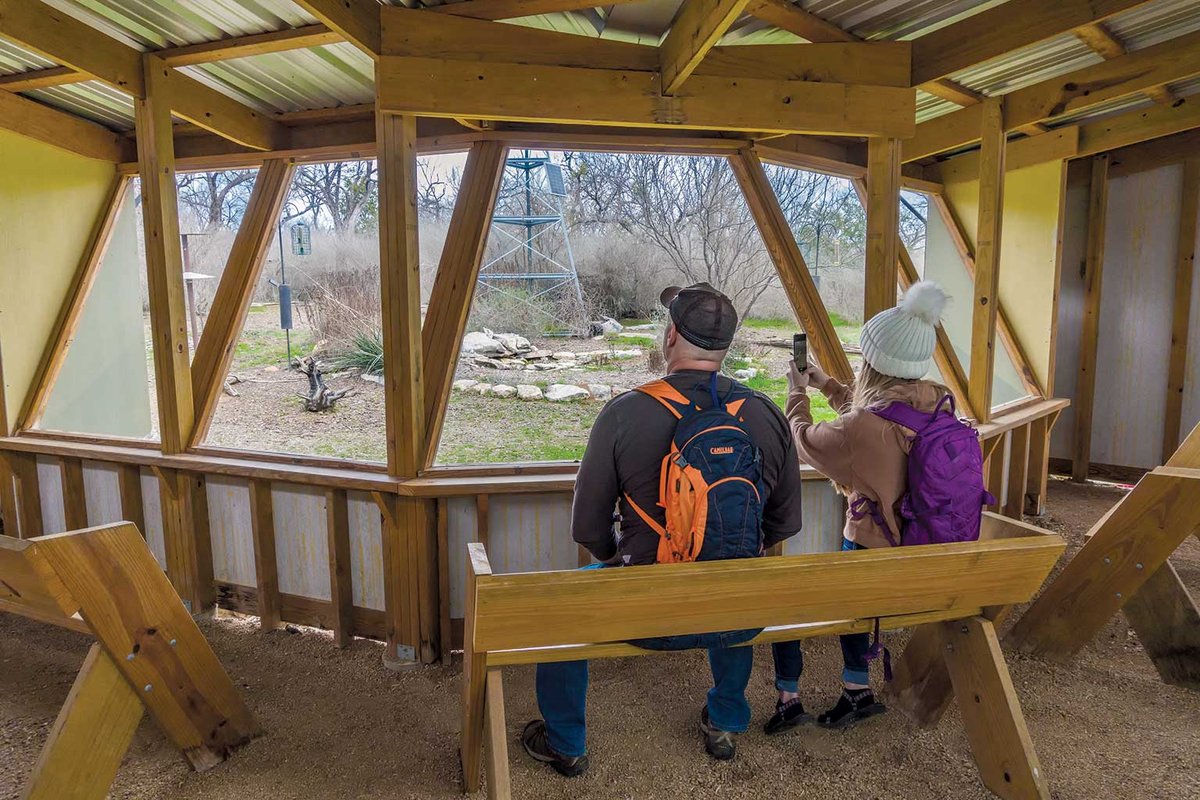I’m a rocker. While in college in the ’80s, I was a long-haired, head-banging rocker. I’m especially fond of power chords and intricate solos played on a six-string guitar, either electric or acoustic. That’s what I like — I guess I was born that way.
My old rocker ears also enjoy the sounds of nature — whether from a frog, katydid, wind blowing or water flowing — and my favorite nature sounds, by far, are bird vocalizations.
Bird songs and bird calls are not synonymous terms. Their context is quite different. Bird song is complex, often seasonal and usually musical, and it involves advertising for a mate or maintaining a territory. Bird calls, however, are simple and usually not very musical. Chip notes are short calls given to announce food or just to stay in touch, and they’re used more commonly year-round. Within a given species of bird, we believe their songs and calls mean different things as they communicate.
When humans communicate, air passes through a larynx, which creates simple sounds. When birds communicate, air passes through a syrinx or “voice box” and can produce something far sweeter. Guess which one is more specialized at producing a wider range of sounds? No offense to David Lee Roth or Mick Jagger, but it’s the one our feathered friends use.
Some people use bird song ringtones on their cellphones, but that can cause problems. There’s nothing worse than leading a field trip for a group of folks, hearing a bird vocalization and pointing it out to the group, only to hear one of your members exclaim “Hello!” on the phone. Been there, done that. Just like in the movie theaters, nature walks and bird hikes should require the following rule: “Please silence [the bird song ringtones of] your cellphones.”
Like humans, birds have different regional dialects. Someone native to Wisconsin sure doesn’t sound the same as someone native to Georgia. The same can be true with many of our birds. If you want to hear a variety of songs (in addition to those we’re providing), a couple of our go-to resources are ebird.org and the Merlin Bird ID app, powered by Cornell's Lab of Ornithology.
Arranged in random order, let’s “see” my Top Ten Bird Hits and a few others, but be sure to “listen” to them as well.
